
What makes a child shy? Part II
Key points: The origins of shyness can be found in the temperamental reactivity of infants and the responsiveness of their…
[cat_cust_menu]

Key points: The origins of shyness can be found in the temperamental reactivity of infants and the responsiveness of their…

Key points: The first six months of a baby’s life is a crucial period for motor development. Parents can foster…

Key points: Grandparents have an important role in a child’s development and can have measurable effects on each other’s psychological…

Key points: Children need cues and pauses to do the things we ask them to do. Music and obstacle courses…

Key points: Saying yes more often can help children be more tolerant of receiving no as an answer. The PART…

Key points:1. Music therapy can have significant positive effects on premature babies’ health and development.2. Music reduces stress levels and…

Key points:1. Children’s language development progresses in distinct stages during the first few years.2. Babies start with vowel and guttural…

Key points: Temperament is innate and can make a child more or less likely to be shy, but can be…
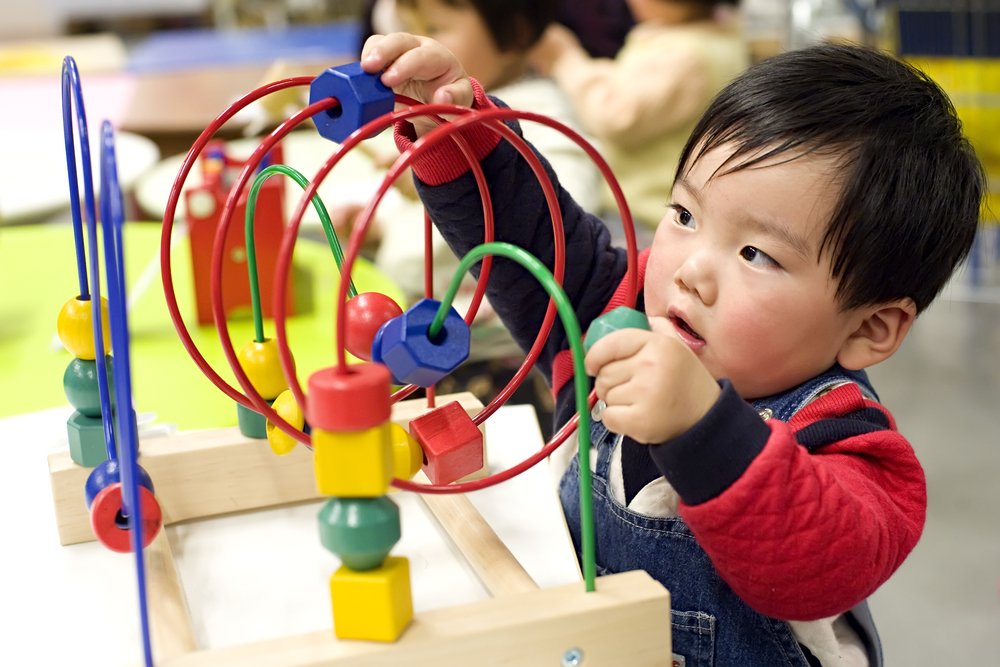
Key points: Hand control and finger strength are essential for your child’s development. Fine motor skills, including finger positioning and…
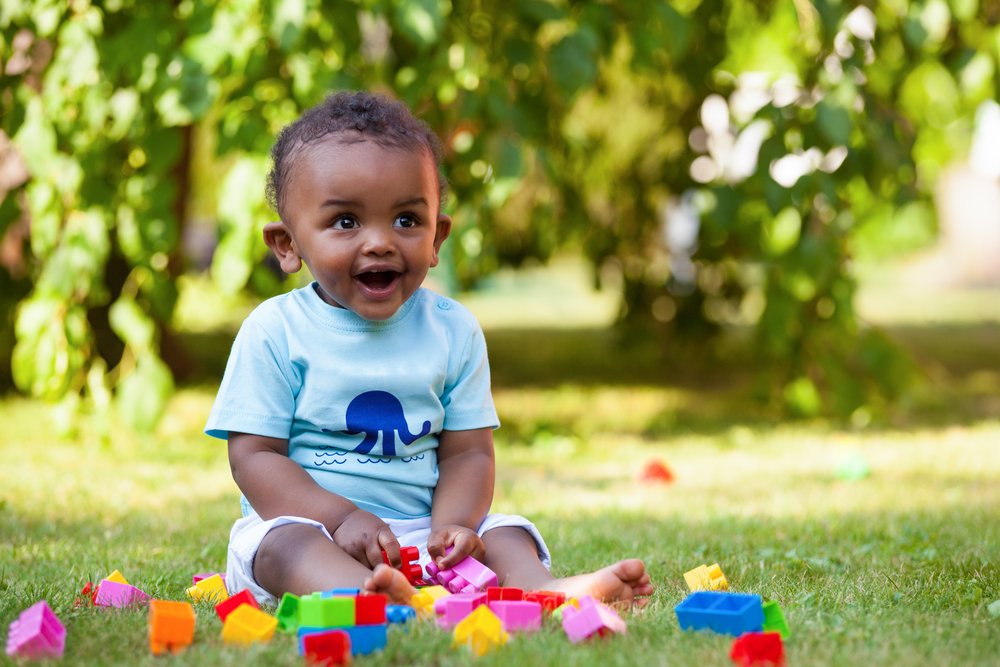
Key points: Help your baby develop hand and finger strength, control, and coordination from an early age. Blocks are a…
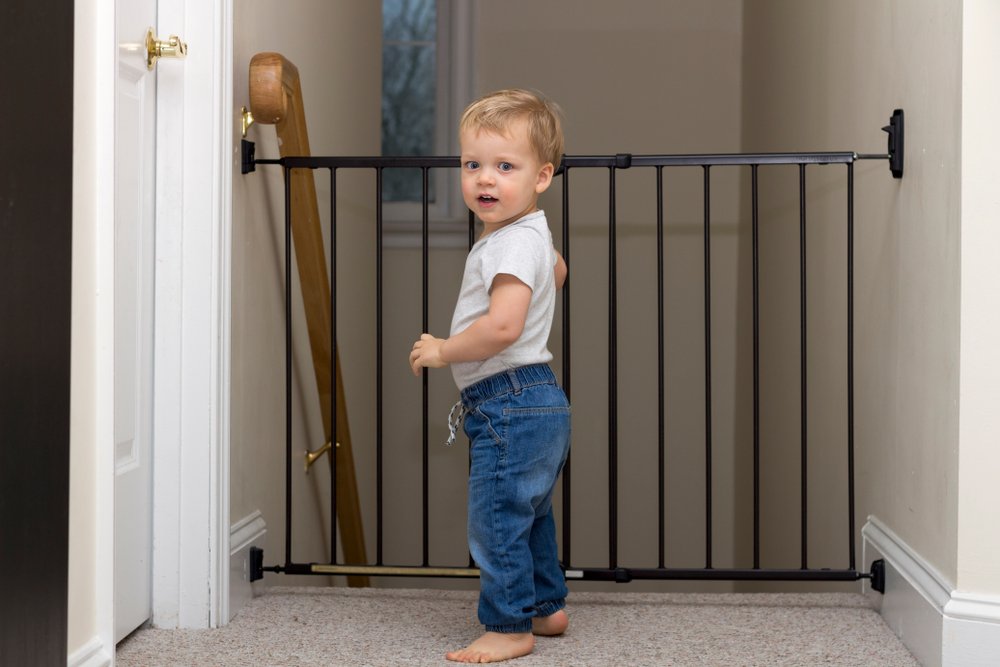
Key points: Childproof your home by addressing furniture with sharp edges and hard corners, especially coffee tables. Secure electrical outlets…
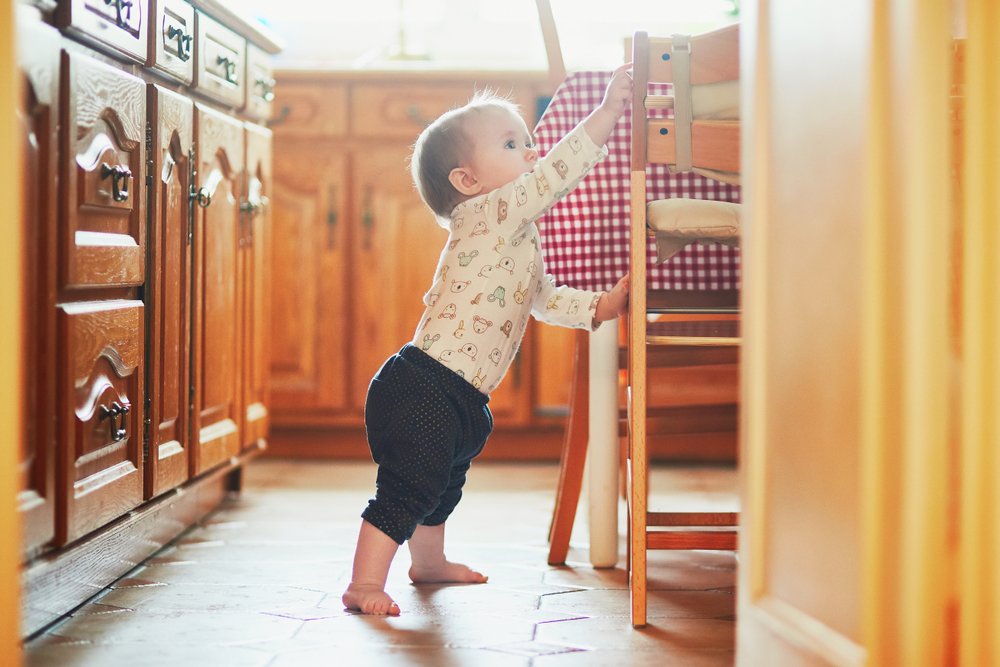
Key points: Ensure constant care and supervision for your moving baby to prevent accidents. Baby-proof your home by securing furniture,…

Key points: Understand that crawling styles can vary, and your baby will choose what’s most rewarding for them. Prior to…

Key points: Crawling usually occurs between 8-10 months, but the window for crawling can start around 6 months. Look for…

Crawling is an important part of your baby’s development. They’re now getting mobile, so prepare to be chasing them around…

Key points: Encourage tummy time from birth to strengthen neck, shoulder, arm, and leg muscles. Promote reaching for toys as…
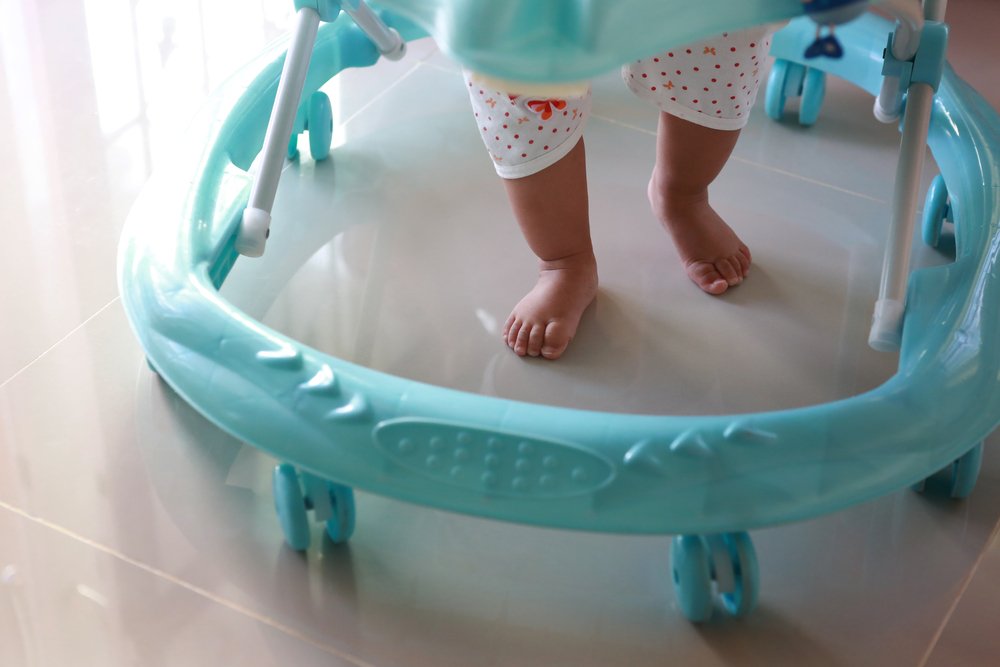
Key points: Baby walkers do not help your baby learn to walk and can hinder the walking development. Using a…

Key points: Acknowledge and embrace the changes that come with welcoming a new member to the family. Improving the quality…

Key points: Babies may crawl backward before they crawl forward during their learning process. Crawling develops between 6 to 10…

Key points: Babies typically start crawling between 6-10 months, but each child develops at their own pace. Crawling may be…
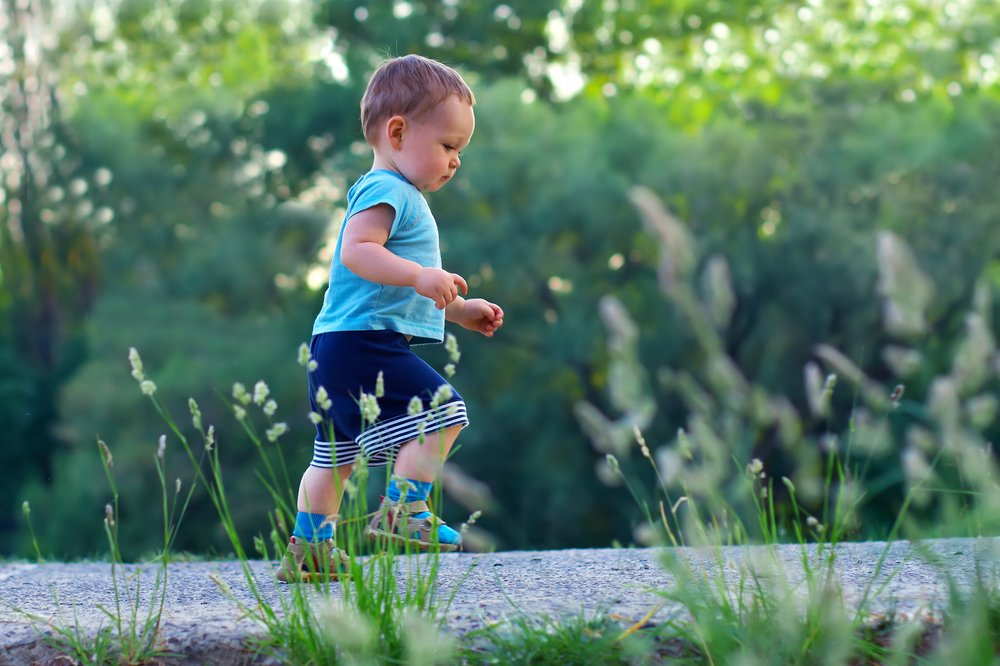
Key points: 1. The development of physical skills is essential in your child’s growth journey, from grasping your finger to…
Subscribe to our newsletter and join Kinedu’s community